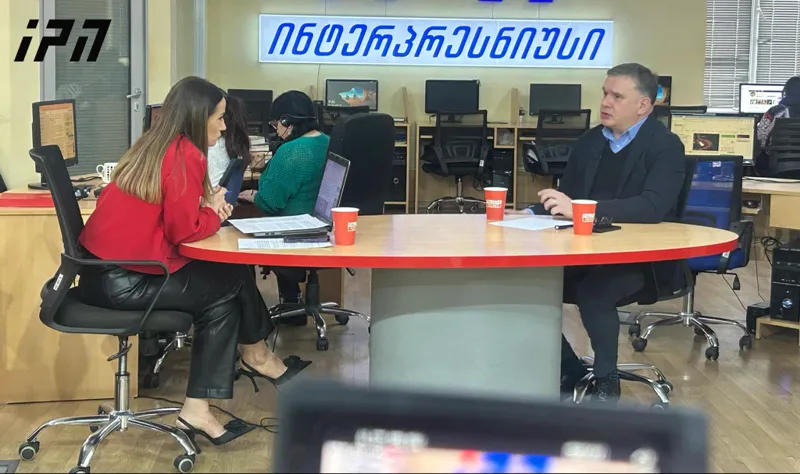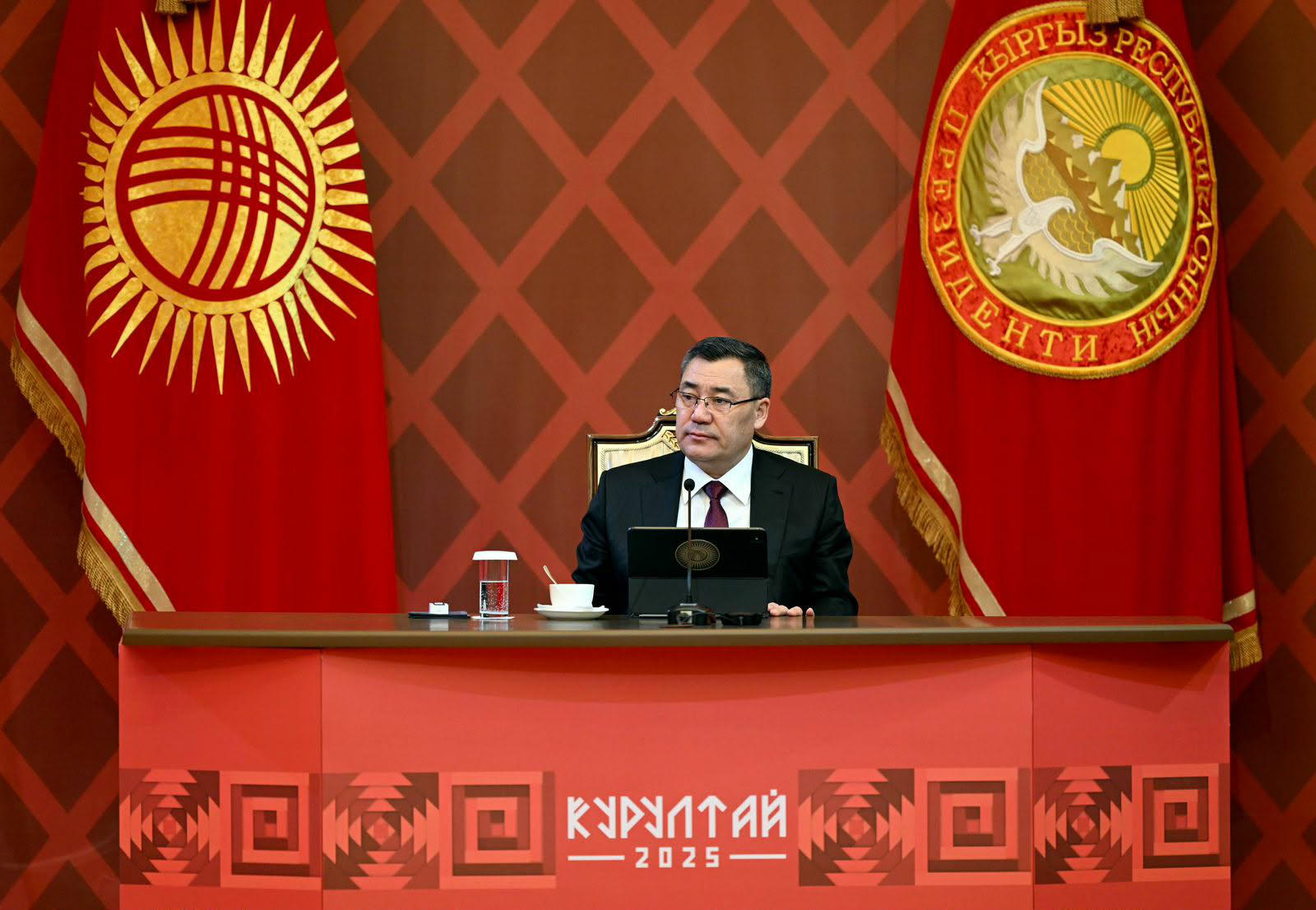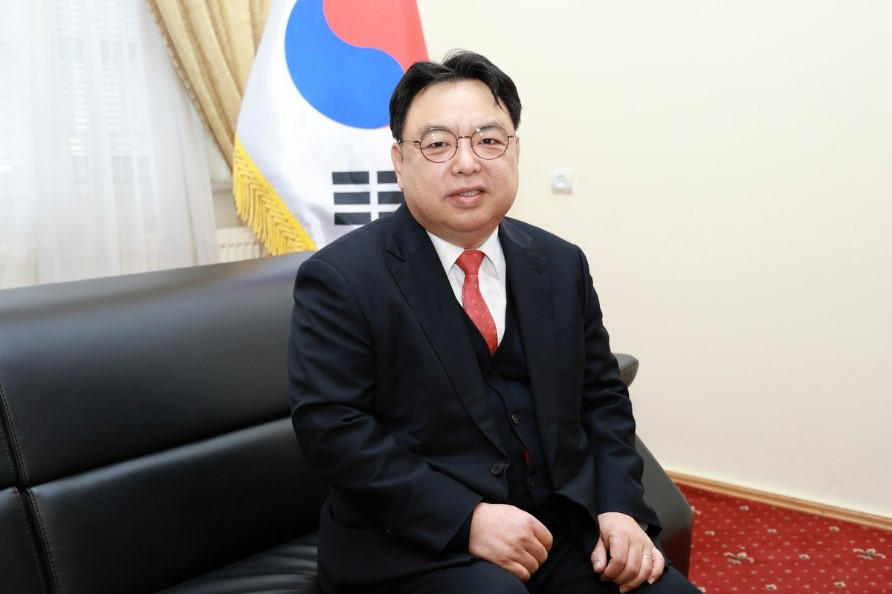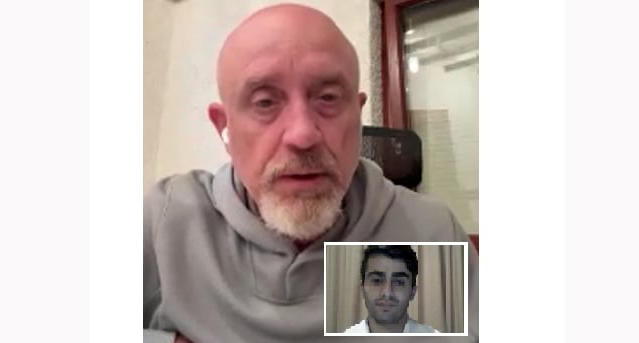Zaza Bibilashvili: They managed to send a delegation to Romania through some channels and take a few photos, which they will promote as proof of legitimacy, but that is not the case - Georgian Dream is investing enormous resources in lobbyists to create a so-called "picture"

Georgian Dream is spending enormous resources to somehow create a so-called "picture" that suggests they are being welcomed and that everything is normal.
Through certain channels, they managed to send a low-level parliamentary delegation and take a few photos, which they will later promote as proof of legitimacy. This was stated by Zaza Bibilashvili, head of the Chavchavadze Center, on Palitra News's program Day's Newsroom in response to the visit of Georgia’s parliamentary delegation to Romania.
According to him, Georgian Dream is not concerned with Georgia’s real interests but rather with creating the visual perception that they are being engaged in dialogue.
"For Georgian Dream, it is now crucial to create the illusion of legitimacy. They are investing enormous resources in lobbyists and spending vast amounts to craft a so-called 'picture' that suggests they are being welcomed, spoken to, and that everything is normal. I cannot dissect the anatomy of this particular visit, but we can assume it follows the same pattern. Through certain channels, they managed to send a parliamentary delegation at a rather low level and take a few photos, which they will then promote as proof of legitimacy. In reality, this is far from the truth. However, for them, the real issue is not Georgia’s interests but rather the creation of a visual perception that they are in dialogue with the international community. As for the substance of these meetings, discussing that is pointless. Reportedly, one of the delegation members told the Romanians that Georgia would be ready for EU membership by 2030," Bibilashvili said.
Regarding the statement by Georgian Dream MP Nikoloz Samkharadze, who claimed that the Romanian side was asked whether the EU itself would be ready for enlargement by 2030, Bibilashvili called this "cynical Russian propaganda."
"This is cynical Russian propaganda because the European Union has been saying for years that it is ready for enlargement. The EU's rhetoric and policy are clear. We remember in 2022 when Georgia was invited to submit its membership application, Georgian Dream ran an entire campaign claiming it was a provocation—that Georgia was not ready and that the application was being forced upon us just so they could reject it. In the end, that turned out to be false. Not only did the EU not reject Georgia, but they were ready to move forward. Georgia was granted candidate status, after which Georgian Dream did everything possible to force the EU into a position where it had no choice but to halt the process—something they then formally acknowledged themselves.
How can anyone claim that by 2030 Georgia will be ready when today, all the key decision-makers are openly saying that this will not happen, precisely because the current regime, acting in Georgia’s name, is taking steps that lead the country toward dictatorship?" Bibilashvili stated.
Additionally, Bibilashvili commented on the joint letter sent to European leaders by Georgia’s fifth president, Salome Zurabishvili, along with opposition parties and civil society representatives. He noted that while the letter was a positive step, real action that would automatically draw Europe's attention would be political unification.
"I don't think there is a lack of attention toward Georgia in Europe today, especially given the current international context. A former Lithuanian foreign minister who visited Georgia recently even said he was practically in shock over the steps the U.S. is taking, which many interpret as a withdrawal from Europe. Let's not call it abandonment, but that is how many perceive it.
Given this situation, it is hard to imagine even greater attention toward Georgia than what already exists. On the other hand, while sending letters is good, real action would automatically attract more attention. Every time Georgian politicians visit Europe, they receive the same simple advice: Unite.
It is inconceivable that with all these pressing issues, Georgia keeps sending four separate delegations, and then the president sends her own letter separately. European leaders are telling them: Unite. If you claim this is a referendum, if you say this is a Russian-style regime, then it makes no sense that you are not coordinating your efforts. Europeans do not take this seriously. It is impossible for them to engage with multiple parties that hold 2%, 3%, 5%, or 7% of support yet fail to coordinate with each other," Bibilashvili concluded.


